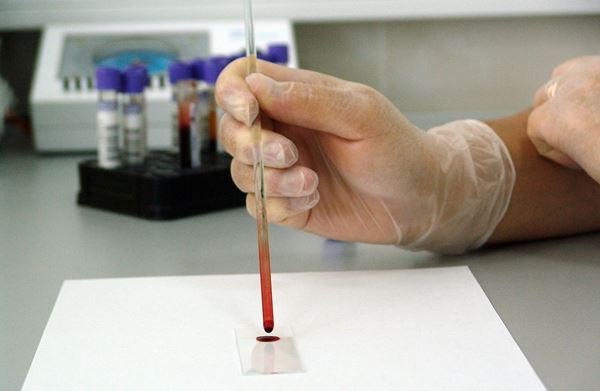
Researchers from the Icahn School of Medicine at Mount Sinai have made a ground-breaking discovery that sheds some light on how stem cells operate. The researchers have discovered more information about the ability of blood-forming stem cells to understand how many times they have divided. The research appeared in the November 17 issue of the journal Cell.
Hematopoietic Stem Cells (HSCs) reside in the bone marrow and are responsible for creating the blood cells in the human body. Scientists have discovered how to successfully transplants HSCs and use them to treat more than 80 different illnesses. Some of the conditions that can be treated with HSCs include leukaemia, various metabolic disorders, and immune system disorders.
One of the limitations to using HSCs is their limited availability. Doctors have to find a suitable match from a donor and ensure there are enough viable stem cells available to treat the condition that the recipient has.
Researchers have been trying to prompt HSCs to reproduce, expanding the available number of stem cells in a sample. Unfortunately, they discovered that the cells are only willing to divide a certain number of times.
This new research has identified some of the processes that play a role in determining how a stem cell remembers how many times it can divide. They found that slow cycling cells contained information about long-term stem cell activity.
One of the researchers, Dr. Kateri Moore, said of the findings: “What this essentially means is that these important stem cells remember how many times they have divided, and those memories control how they will self-renew in the future,” she continued, “This knowledge may be able to help us find the key to expanding the numbers of these cells for therapeutic and research use.”
The results of this study will hopefully help researchers develop techniques to generate new stem cells.
Source: Stem cell memories may hold answer to their reproduction, study finds
{{cta(‘010124f3-c9bc-4a23-b9fc-74953e6288c9’)}}


